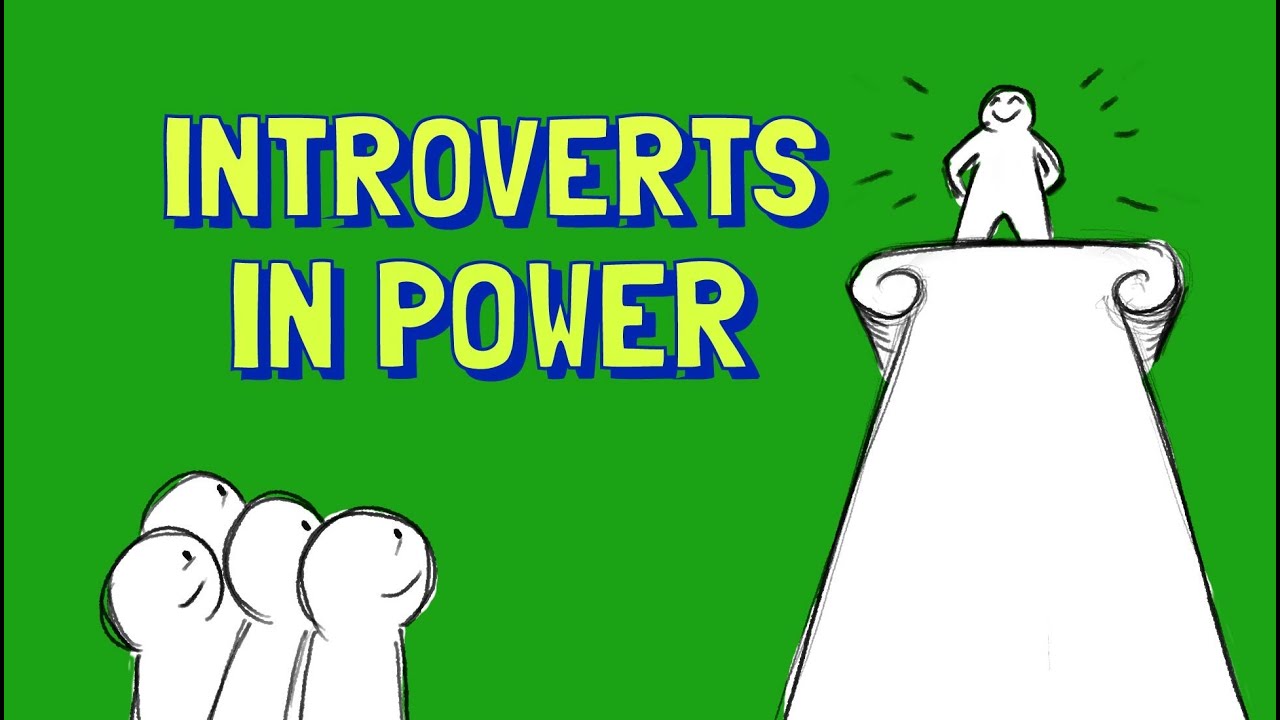Why introverts can make great leaders even though it is usually extroverts who get promoted

Introverts are often overlooked when it comes to promotions due to their quiet nature but in actual fact, they have several traits which often make them excel at leadership.
According to best-selling author and TED speaker Susan Cain, this category of people is often misunderstood and boxed into the stereotype of being shy, quiet and reserved often being viewed as incapable of becoming leaders and inferior to their extroverted counterparts.
“The bias in our culture against introversion is so deep and so profound and we internalize it at such an early age,” said Cain who is a self-professed introvert herself. She said that introverts are routinely passed up for leadership positions.
Cain defined extroverts as people who crave high-stimulation environments and gain energy from activities like meeting people and going to parties.
Conversely, introverts thrive in quieter and less stimulating environments and prefer smaller more intimate gatherings with close friends.
Cain says some of the traits that make them great leaders include the following:
Introverts are more averse to risk-taking
A vital skill to leadership, heads of organizations should be very wary of taking risks and a conservative style of leadership can go a long way taking smaller risks.
Cain said that introverts tend to pay heed to the smaller details and warning signals that an extrovert may overlook, they are less likely to make a rash or brash decisions.
“This is not to say that introverts don’t also take risks because they do. But they tend to be more slow and more circumspect about it.”
Introverts can be more creative
Studies reflect that highly creative people in both artistic and scientific fields are usually introverted. It is usually because they prefer solitude and solitude is highly conducive to creativity.
Cain says that being alone can help you tap into your own ideas, helping you access your creativity without distraction.
Problem solving skills
Because introverts tend to process information more carefully than other people they often look at details and scrutinize things that an extrovert may not catch. This in turn can result in them coming up with better solutions to problems.
“This behavioral style that has you sitting still more, reflecting more, being more reserved, being more slow to process stuff,” said Cain.
Enjoying this article?
Subscribe to get more stories like this delivered to your inbox.
According to an Iranian study published earlier this year, researchers got language translations students working on texts of more than 500 words to describe their thought processes out loud as they worked.
The study’s goal was to identify differences in problem-solving strategies between introverts and extroverts – and it ultimately found that the introverted students performed better, because they paused longer to carefully read the material and weigh multiple options for the best translation.
“This two-tier structure of how we view personality leads to a colossal waste of talent and of energy and happiness. We need to be adopting much more of a yin and yang approach of balance between the two styles,” said Cain.
Senior Writer
